Eight Scholars from Ageing and Neurodegenerative Diseases Featured in the List of “Highly Cited Chinese Researchers 2023” Announced by Elsevier
On March 27, 2024, Elsevier announced its list of “Highly Cited Chinese Researchers 2023”, revealing that eight scholars from Ageing and Neurodegenerative Diseases (AND, ISSN: 2769-5301) had earned a spot. All Editorial Office members of AND extend warm congratulations to these esteemed scholars for their inclusion in this prestigious list!
Here’s a detailed overview of the eight scholars:
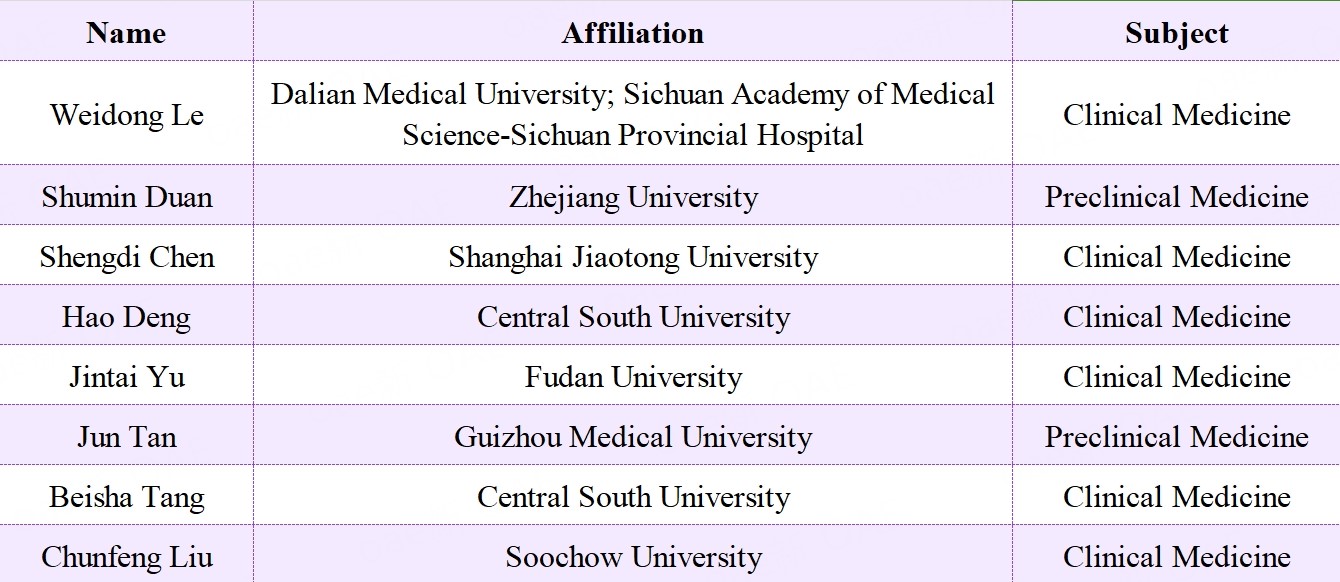
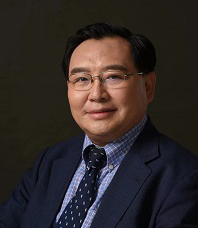
Prof. Weidong Le, Editor-in-Chief of AND, serves as the Director of the Academic Committee of School of Medicine at the University of Electronic Science and Technology of China, and the Director of Neurology Department & Institute in Sichuan Academy of Medical Science-Sichuan Provincial Hospital. He also holds the position of Tenured Professor & Head of the top clinical discipline in Dalian Medical University.
Prior to these positions, Prof. Le was a Professor of Neurology and the Director of the Parkinson's Disease Research Center at Baylor College of Medicine. He also served as the Director of the Institute of Neurology at Shanghai Jiaotong University School of Medicine and as the Executive Chairman of the Biomedical Institute of Shanghai Ruijin Hospital.
Prof. Le’s research interests lie in the pathogenesis, biomarkers, and targeted therapy of neurodegenerative diseases. He has published more than 300 papers in renowned international academic journals, such as Nature Genetics, Science, PNAS, Autophagy, Brain, JAMA, Lancet Neurology, etc. His publications have garnered over 20,000 citations, and he has been recognized as one of the Highly Cited Chinese Researchers in Neuroscience by Elsevier for eight consecutive years. Furthermore, Prof. Le has led three Key Programs and five General Programs funded by the National Natural Science Foundation of China, and also held/participated in four Key Projects of Chinese National Programs for Fundamental Research and Development (973 programs) and Chinese National Programs for High Technology Research and Development (863 programs).
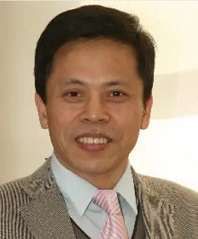
Prof. Shumin Duan, Advisory Editor of AND, serves as the dean of the Faculty of Medicine at Zhejiang University. He holds esteemed positions as an academician of the Chinese Academy of Sciences and a fellow of the Third World Academy of Sciences. Leading an innovative team funded by the National Natural Science Foundation of China, Prof. Duan spearheaded an eight-year major research endeavor on the "Neural Circuit Basis of Emotion and Memory," which significantly elevated brain science research in China. Notably, he pioneered the establishment of the Chinese Human Brain Bank at Zhejiang University, now a vital national hub for human brain tissue resources dedicated to health and disease research. Throughout his career, Prof. Duan has been deeply involved in neurobiology research, contributing substantially to various areas such as neuron-glia cell interactions, synaptic development and function, and the neural circuit mechanisms underlying brain function. His groundbreaking research findings have been featured in prestigious international journals including Science, Cell, Neuron, Nature Neuroscience, and Nature Cell Biology, exerting significant international influence in related fields.
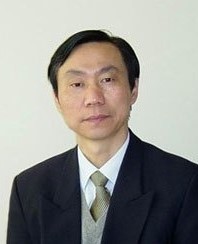
Prof. Shengdi Chen, Editorial Board member of AND, holds a tenured professorship, serves as chief physician of neurology, and is a doctoral supervisor at Ruijin Hospital, affiliated with Shanghai Jiao Tong University School of Medicine. With 45 years of medical experience under his belt, he has dedicated 40 years to Parkinson's disease research and 30 years to Alzheimer's disease research. He has delved deeply into both the basic and clinical aspects of these conditions. Over the years, Prof. Chen has led or participated in over 40 research projects across various levels, earning recognition through 30 national and provincial awards. His scholarly contributions extend to over 320 publications in international journals, and he has guided or is currently supervising 130 doctoral and master's students. He is widely acknowledged as the "leading figure in Parkinson's disease research in China."
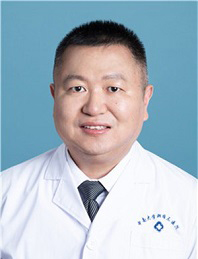
Prof. Hao Deng, Editorial Board member of AND, is the Director of Center for Experimental Medicine, and Professor of Department of Neurology, the Third Xiangya Hospital, Central South University. Prof. Deng has published 170 SCI papers with more than 3,000 citations and an H-index of 28. He is the principal investigator of more than 40 research and collaborative projects. His current research interests include human genetics, neurogenetics, and clinical laboratory diagnostics.
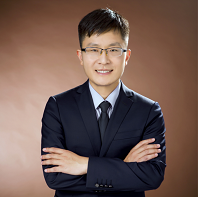
Prof. Jintai Yu, Editorial Board member of AND, holds the esteemed title of National Young Changjiang Scholar appointed by the Ministry of Education. He serves as a Professor, Chief Physician, and doctoral supervisor at Fudan University.
Currently, Prof. Yu also assumes the role of the Executive Deputy Director of the Institute of Neurology at Fudan University, leader of the Cognitive Subspecialty in the Department of Neurology at Huashan Hospital, national committee member of the Behavioral Medicine Branch of the Chinese Medical Association, Deputy Group Leader of the Neuropsychology and Behavioral Medicine Group of the Neurology Branch of the Chinese Medical Association. His research mainly focuses on critical areas such as genetics, imaging, biomarkers, pathogenesis, and prevention and treatment strategies of degenerative diseases such as Alzheimer's disease. He boasts an impressive publication record, having authored or co-authored over 100 academic papers in top-tier journals within his field, including Lancet, Alzheimers Dement, Science Advances, Biological Psychiatry, and Acta Neuropathol. Remarkably, more than 15 of his papers have garnered an Impact Factor above 10.
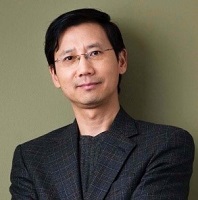
Prof. Jun Tan, Editor Board member of AND, Professor and doctoral supervisor, introduced talent of Guizhou Province's "Ten Hundred Thousand Talent Program," is currently affiliated with Guizhou Medical University. Since 2006, he has led and participated in 32 research projects funded by the National Institutes of Health (NIH), the National Institute on Aging (NIA), the National Institute of Mental Health (NIMH), and others. Notably, these endeavors have received grants and awards exceeding 20 million US dollars from peer-reviewed sources. Prof. Tan’s scholarly output is equally impressive, with approximately 170 original research papers (SCI) published in prestigious journals both in the United States and internationally. Moreover, he has filed applications for 20 patents, of which 15 have been successfully granted. His research pursuits primarily revolve around the mechanisms and drug development research of Alzheimer's disease (AD) onset, molecular biology mechanisms of brain aging, and molecular immunology mechanisms of schizophrenia and autism.
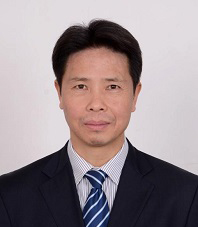
Prof. Beisha Tang, Chair of AND’s seminar on the topic of Endocannabinoid System and Brain Diseases, is a senior consultant, professor, and doctoral supervisor of Neurology at Xiangya Hospital, Central South University, and receiver of State Council Special Allowance. Recognized for his outstanding contributions, he was awarded the title of "Young Expert with Outstanding Contribution" by the Chinese Ministry of Health. Additionally, he is currently a vice president of Xiangya Hospital. He has been engaged in clinical and basic research on neurodegenerative diseases and neurogenetics (spinocerebellar ataxia, Parkinson's disease, Alzheimer's disease, motor neuron disease). He has made significant strides in this area, establishing genetic diagnosis and molecular diagnostic technology platforms for more than 30 kinds of neurodegenerative diseases and neurogenetics within the Chinese Han population, including spinocerebellar ataxia, Parkinson's disease, Alzheimer's disease, amyotrophic lateral sclerosis, frontotemporal dementia, Charcot-Marie-Tooth disease, hereditary spastic paraplegia, and epilepsy. His efforts have led to the successful genetic diagnosis of more than 5,000 pedigrees, with the identification of 60 cases of novel causative mutations. Furthermore, his research has unveiled that the SCA3/MJD genotype is the predominant subtype in Chinese Han SCA patents. Additionally, he has successfully cloned novel causative genes for SCA genotype (SCA35)-TGM6, PKD-PRRT2, and CMT genotype (CMT2L)-HSP22 through the "LEC" strategy.
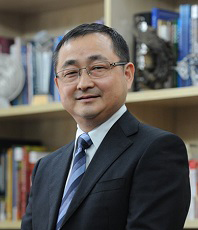
Prof. Chunfeng Liu, Guest Editor of AND, on the topic of Research Progress of Sleep Disorders in Parkinson's Disease. Holding positions as chief physician, professor, and doctoral supervisor at Soochow University, Prof. Liu currently serves as the Director of the Institute of Neuroscience at Soochow University and the Chief of the Department of Neurology at the Second Affiliated Hospital of Soochow University. Additionally, he holds significant roles in professional organizations, serving as the deputy leader of the Parkinson's Disease and Movement Disorders Group of the Neurology Branch of the Chinese Medical Association, a Director of the Chinese Stroke Association, Chairman of the Board of Supervisors of the Chinese Sleep Research Association, and Chairman of the Sleep Disorders Professional Committee. He is also a member of the Neurology Physician Branch of the Chinese Medical Doctor Association, Chairman of the Neurology Branch of the Jiangsu Medical Association, and Chairman of the Neurology Branch of the Jiangsu Geriatrics Society. With a focus on Parkinson's disease, cerebrovascular disease, and sleep disorders, Prof. Liu boasts a robust background in both basic and clinical research. His scholarly contributions are extensive, with over 190 academic papers published in esteemed domestic and international journals, including 141 SCI papers, along with authoring 5 monographs. His research achievements have been recognized with 15 awards from the National Defense Science and Technology Commission and various provincial and ministerial-level science and technology progress awards.
Congratulations to our members and scholars!
Editor: Yiying Song
Language Editor: Catherine Yang
Production Editor: Yan Zhang
Respectfully Submitted by the Editorial Office of Ageing and Neurodegenerative Diseases




